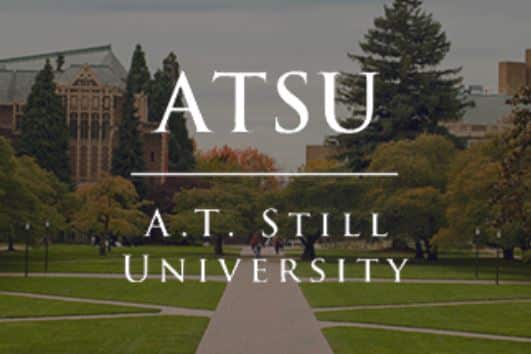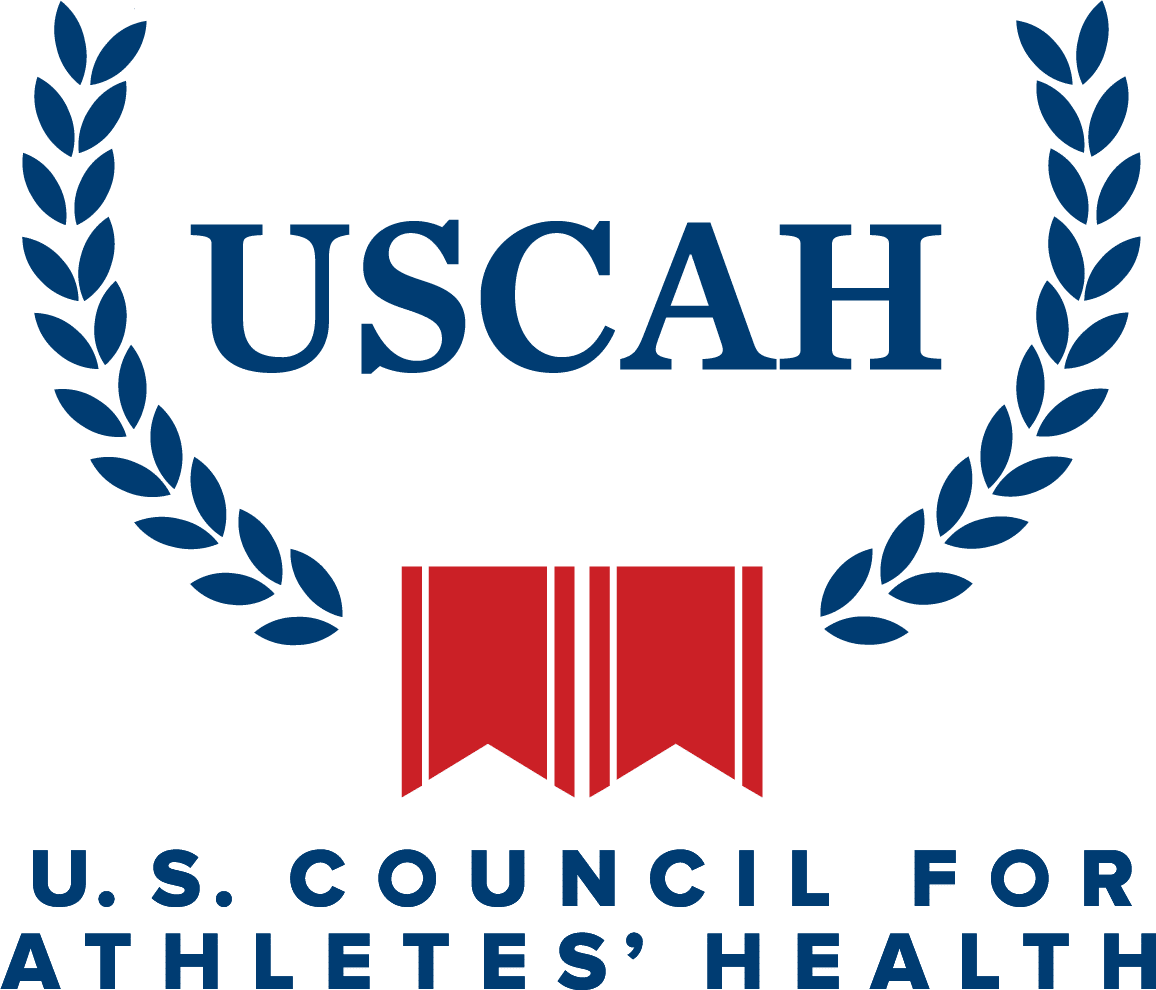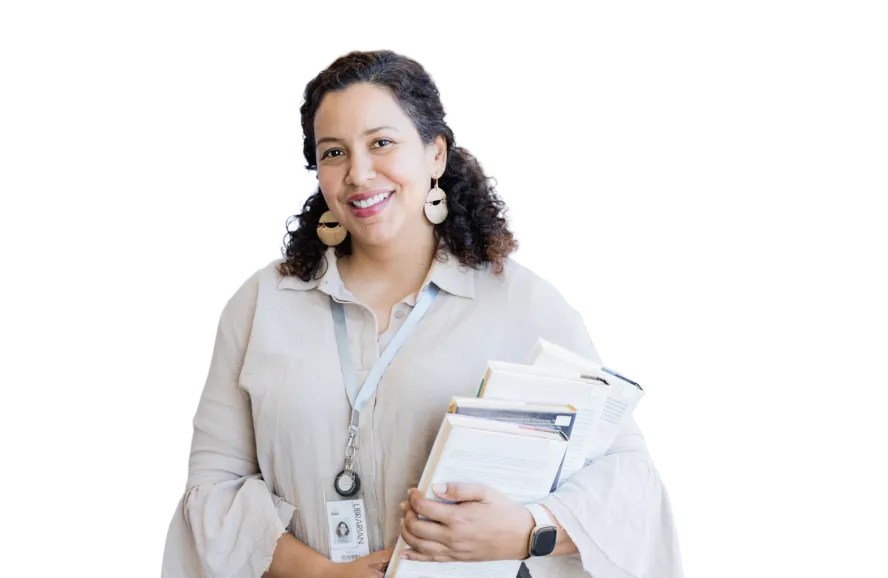June 14, 2021 3 min read

Partnership for Change: Bringing DiversityEdu to A.T. Still University
Industry:
Solution:

About A.T. Still University
A.T. Still University is the world’s first school of osteopathic medicine. Today it prepares postgraduate students for the Osteopathic Medicine doctorate and other degrees in health sciences at campuses in Missouri and Arizona. Not only does A.T. Still hold a unique place at the forefront of holistic medicine, but it has a notable legacy of bringing clinical care to underserved populations, including rural and Native American communities in both its home states.
Vision and Challenge
In 2013, Clinton J. Normore was named A.T. Still’s first diversity director. At that time, he says that there was “self-awareness of a need to have more investment in a diversity profile. But before I arrived…there was no clear vision on what that looked like.”
According to Normore, now the Associate Vice President for Diversity & Inclusion, the university needed a language of inclusion that would draw distinct departments-and two distant campuses-together.
Clinton J. Normore
Associate Vice President for Diversity & Inclusion
Why Vector Solutions’ Diversity & Inclusion Courses?
Vector Solutions’ Diversity and Inclusion courses were selected over other online options for many reasons, but what really stood out was the company’s process for working closely with its partners to meet their needs and integrate the courses into their unique culture.
Normore says, “I was able to sit with them in person several times to talk about our needs and…how we could fold the platform into our existing structure.”
Preparing for Diversity & Inclusion Courses
“The fact is,” Normore relates, “I thought of them upon taking this position. So we started as early as 2014, actually getting information to our campus community…I think that for any organization wanting to utilize Vector Solutions’ Diversity and Inclusion courses, it is best to prepare the campus community with what it means….And then do it in a manner which sets it up to be an exciting venture, rather than just another training program that they have to participate in.”
Implementing Diversity & Inclusion Courses
A.T. Still adopted a “cascade” approach to their launch of Vector Solutions’ Diversity and Inclusion courses, rolling it out first to senior leadership, and then to faculty. The company and the university were constantly in touch and responding to feedback from course takers.
According to Alison Akant, one of the founders of the diversity and inclusion courses, “The learning was and continues to be two-way; we learned a lot from ATSU about the importance of partnering in the pre-, during-, and post-course phases of the rollout.

Outcomes of Diversity & Inclusion Courses
Normore reports that Vector Solutions’ Diversity and Inclusion courses:
- Created a common language of inclusion.
- Set a baseline of knowledge and skills.
- Changed hiring practices and policies at A.T. Still.











